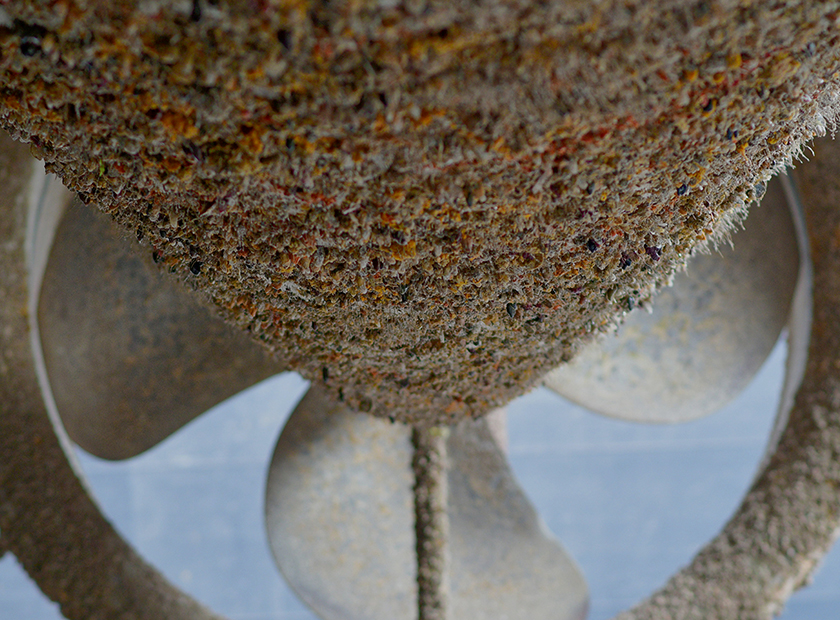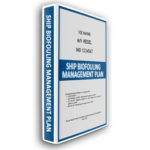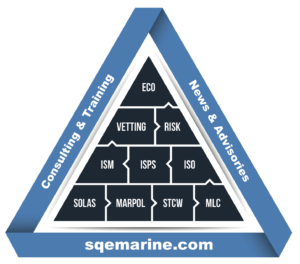Overview
IMO during summer issued the updated 2023 Guidelines for the control and management of ships’ biofouling to minimize the transfer of invasive aquatic species (Biofouling Guidelines), as per MEPC 378(80).
These Guidelines intend to provide a globally consistent approach to the management of biofouling, which is the accumulation of various aquatic organisms on ships’ hulls.
As well as addressing the threat posed by invasive aquatic species the update of the guidelines recognizes that an increased uptake and improved biofouling management supports improvements in a ship’s hydrodynamic performance and can be effective at enhancing energy efficiency – thus reducing greenhouse gas (GHG) emissions.
What is new?
The revised guidelines include some new topics (not included in 2011 edition).
- Fouling rating system, including a four (4) level evaluation rating as below:
- 0 (zero): No fouling
- 1 (one): Microfouling
- 2 (two): Light Macrofouling
- 3 (three): Medium macrofouling
- 4 (four): Heavy macrofouling
- Requirements for monitoring Installed Antifouling Systems, Antifouling Coating and Marine Growth Prevention Systems.
- Specific Risk Assessment Guidance (including an appendix with example of Biofouling risk Parameters)
- Samples for Inspection and Cleaning Report
- Requirement for Contingency plan to address any risk identified during assessment.
- Updated the requirements of Section for Biofouling Management Plan and Biofouling Record.
- Include the provision for electronic record keeping
Actions required
Companies in order to address the new requirements should:
- Review the Existing Biofouling Management Plans and Biofouling Record Books
- Reflect the implementation of Guidelines within the plans
- Check the Antifouling Systems, Antifouling Coating and Marine Growth Prevention systems installed on board for condition and functionality
- Implement standardized periods for inspection, cleaning and restoration of areas affected by biofouling growth.
.
How we may help
SQEMARINE has developed the Ship Biofouling Management Plan (Including Biofouling Record Book) to address the updated guidelines..







